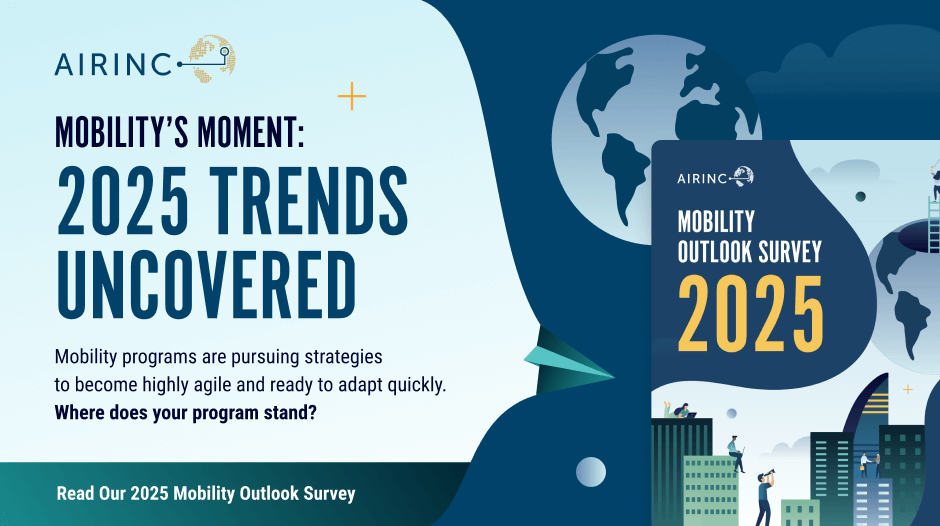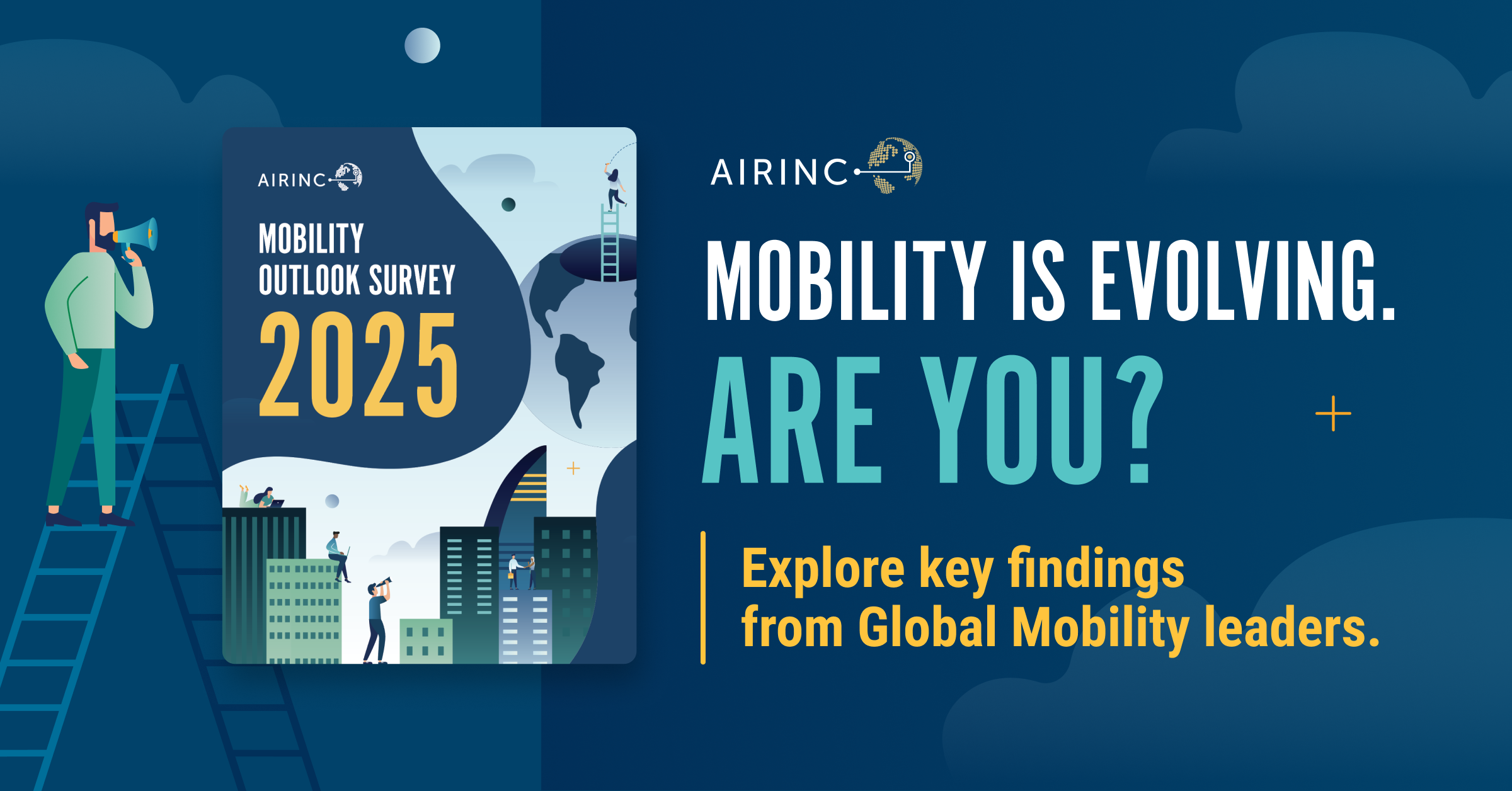In today’s fast-paced, complex mobility environment, success is no longer defined by relocation logistics alone. It’s about delivering tangible business value, supporting employee growth, and aligning global strategies with measurable outcomes. AIRINC’s 2025 Mobility Outlook Survey reveals how organizations are evolving their approach to success—and where many are still falling short.
Success: Defined or Deferred?
One of the most eye-opening findings from this year’s survey:
- Only 35% of companies have a clear, defined framework for measuring assignment success
- 45% rely on informal or vague indicators
- 39% admit they don’t measure success at all
This highlights a critical gap. If we don't define success, how can we improve—or even know when we’ve succeeded?
What Are the Metrics That Matter?
For organizations that do measure success, here’s what they’re tracking:
- Business impact / ROI – 39%
- Employee satisfaction – 35%
- Retention post-assignment – 24%
- Career progression – 24%
- Achievement of assignment goals – 11%
This shift toward outcomes and employee-centric KPIs reflects a broader trend: mobility is becoming a strategic driver, not just an operational function.
Elevating the Employee Experience
With talent experience taking center stage, companies are stepping up in meaningful ways:
- Improving communication and transparency
- Clarifying mobility policies and expectations
- Offering more flexible, personalized assignment models
It’s clear that organizations recognize the link between a great experience and long-term assignment success.
Why This Matters for Mobility Leaders
This isn’t just a trend—it’s a call to action. Now is the time to:
- Define success in a way that resonates across stakeholders
- Align metrics with both business outcomes and employee needs
- Invest in the tools and data that make measurement actionable
Mobility’s Expanding Role in the Enterprise
The survey also points to a growing recognition of mobility as a lever for:
- Developing future leaders – 52%
- Filling skill gaps – 43%
- Accelerating global growth – 40%
As new technologies like AI reshape how we work, mobility teams will need to lead with agility, data, and purpose.
Final Thought: Make Success Your Superpower
The future of Global Mobility hinges on our ability to measure what matters. With clearer definitions, smarter metrics, and a focus on real outcomes, success becomes not just visible—but scalable.
Defining success, creating frameworks and supporting global talent may seem like daunting tasks but we are here to help! If you would like to discuss what these concepts could mean for your mobility function, please do not hesitate to get in touch.
What’s New in This Year’s Report?
The 2025 Mobility Outlook Report is not just an annual update — MOS 2025 has been redesigned to provide a clearer, more actionable view of mobility trends.
Click here to watch the MOS webinar.






